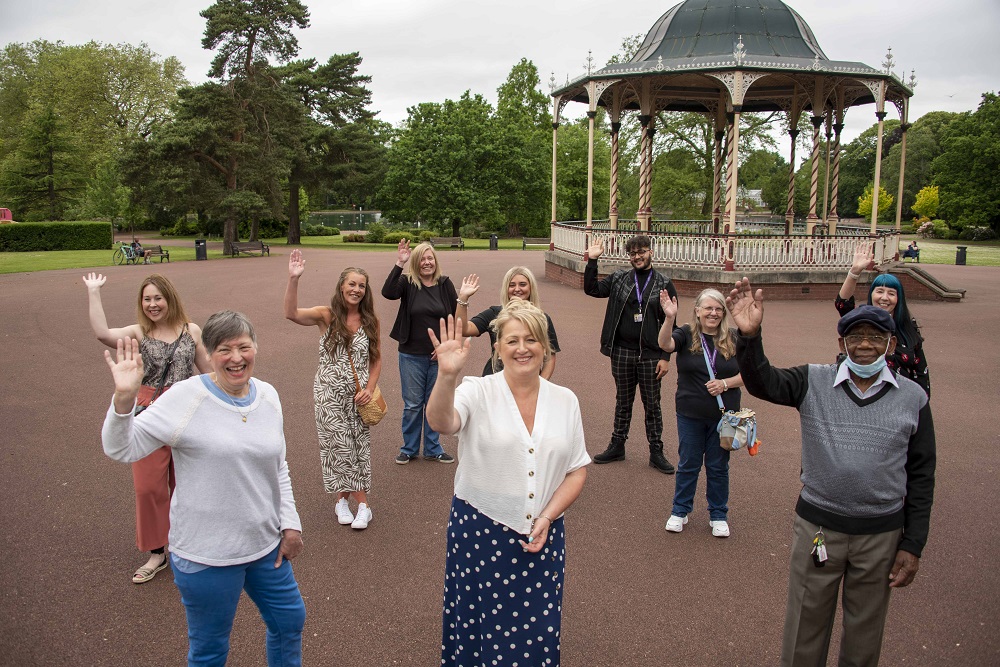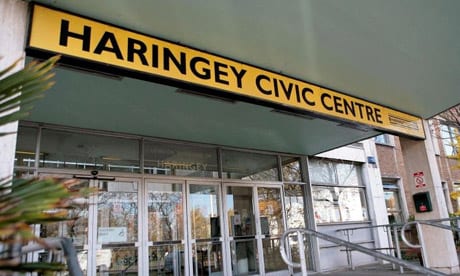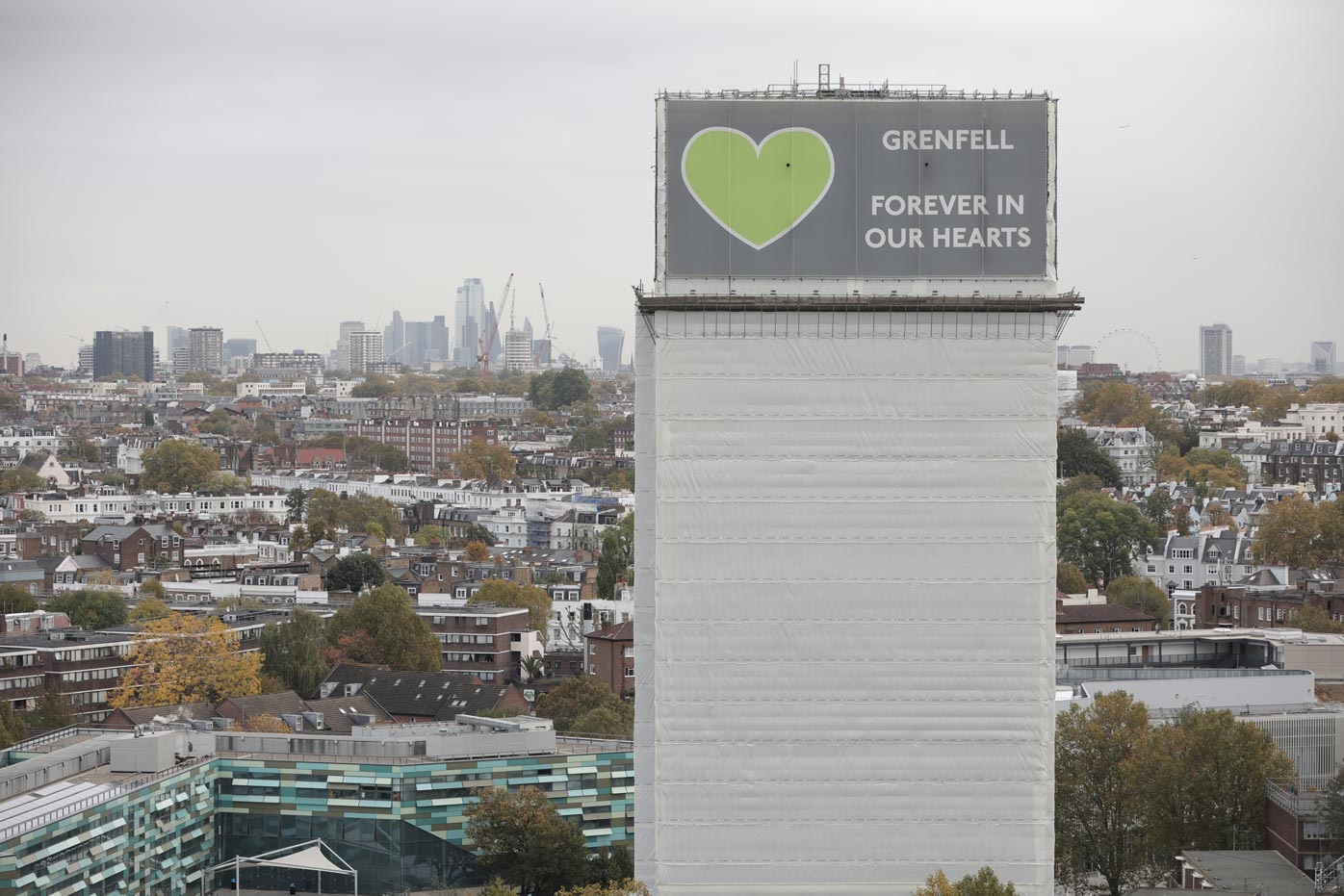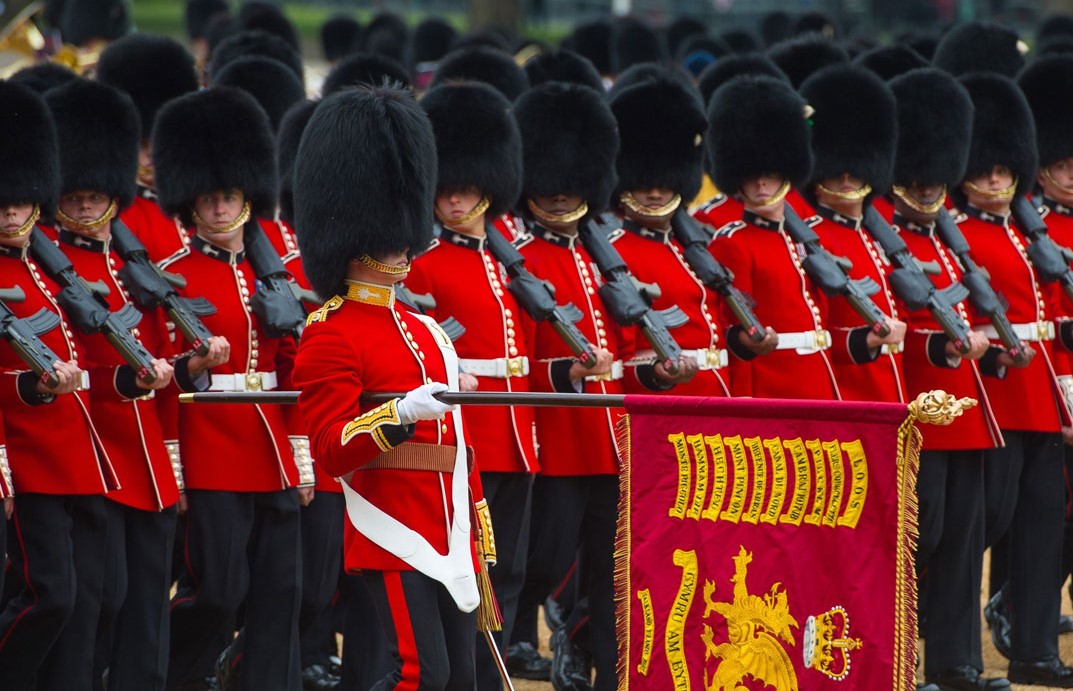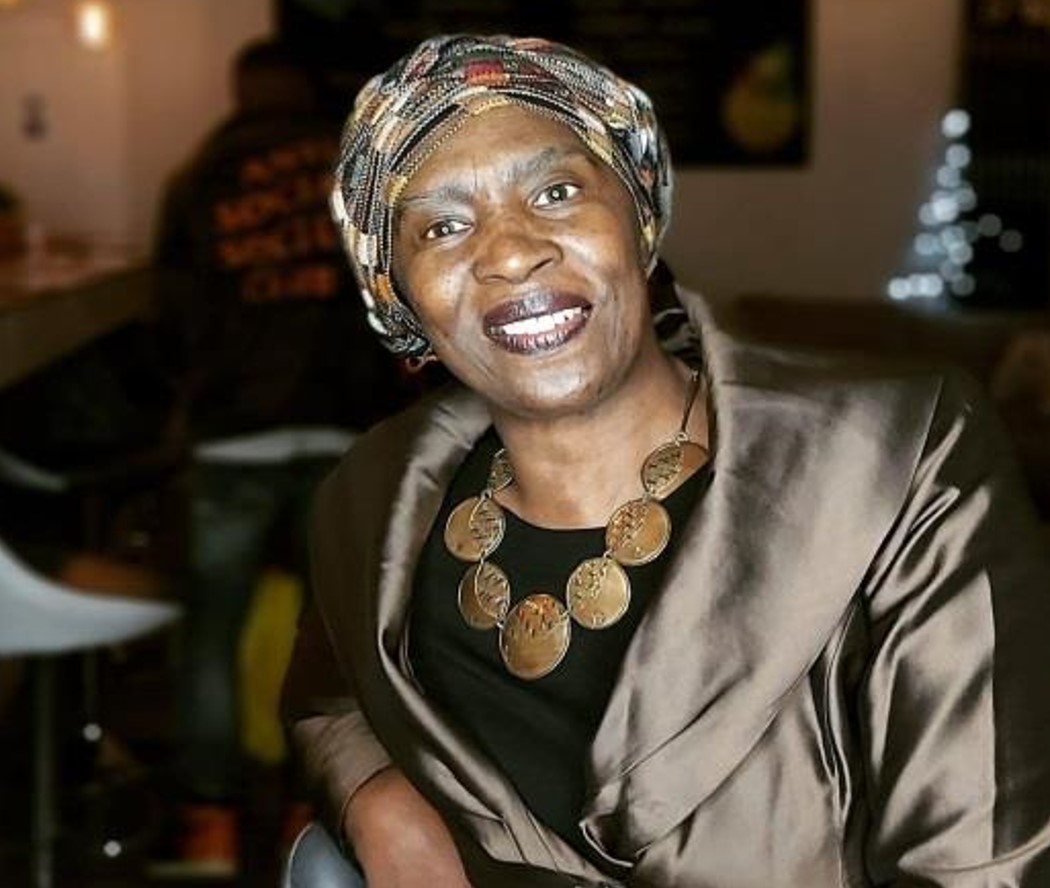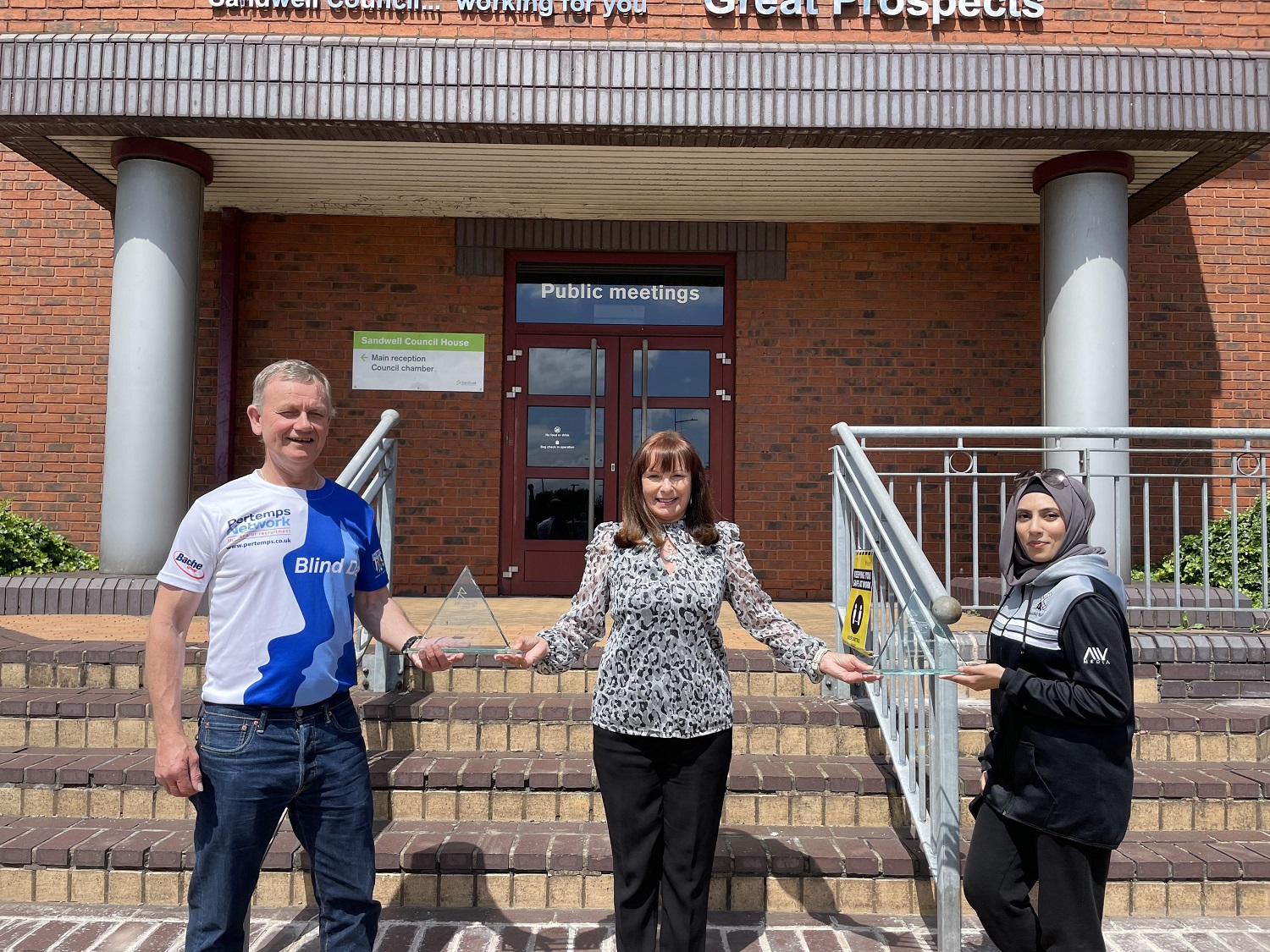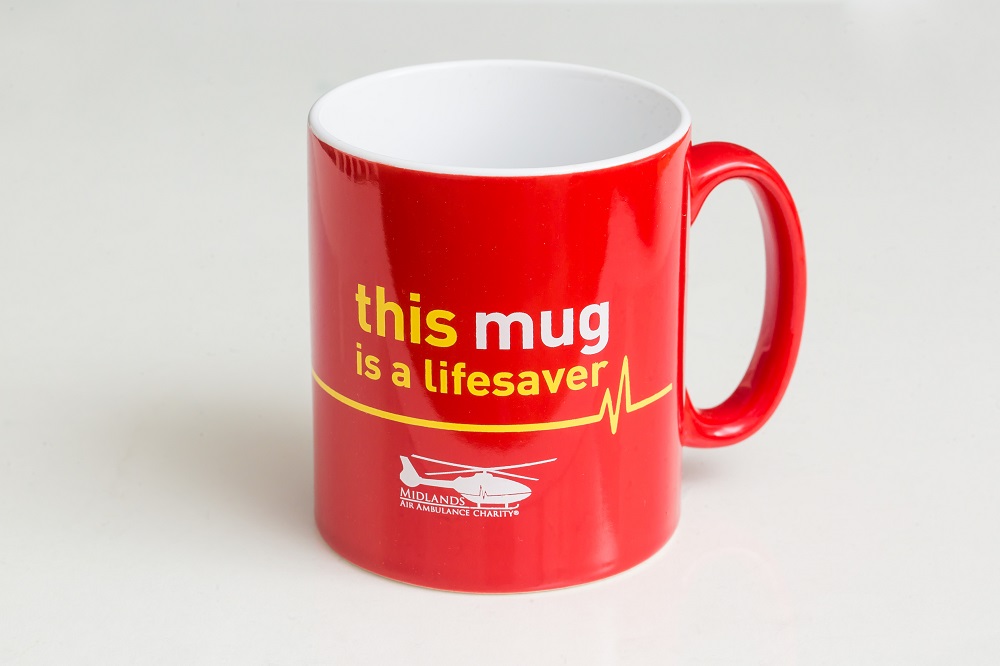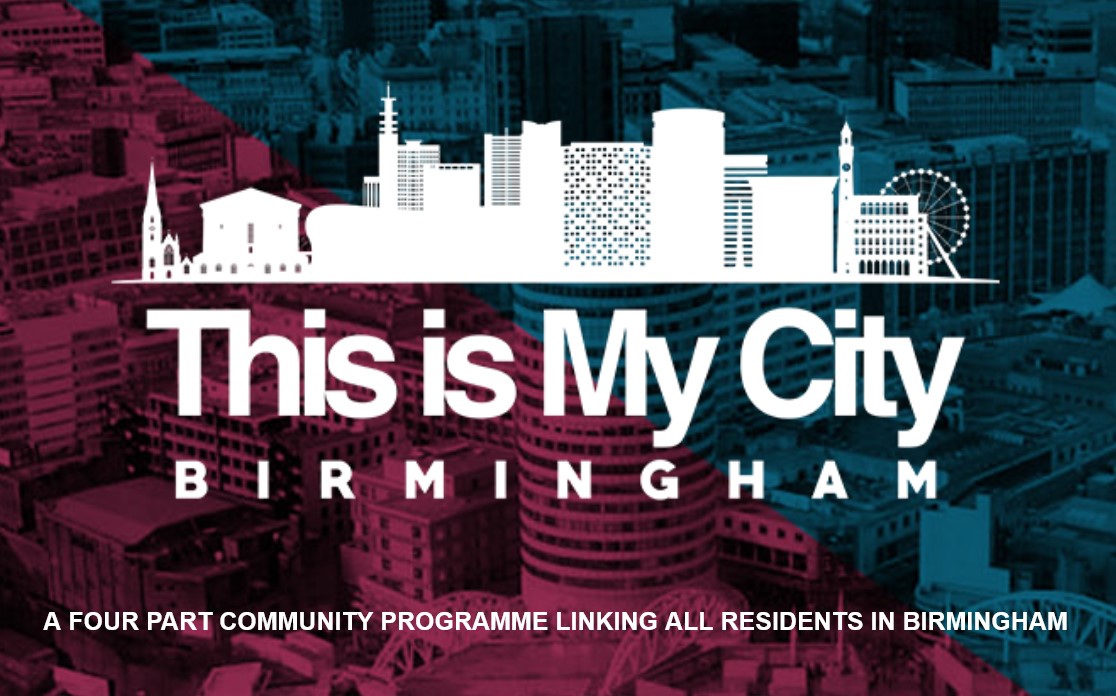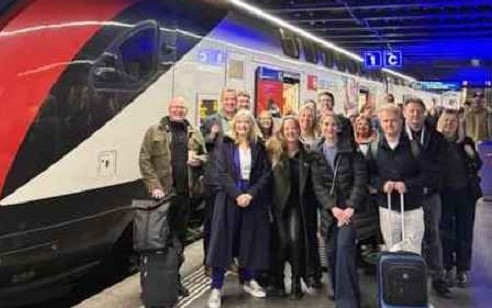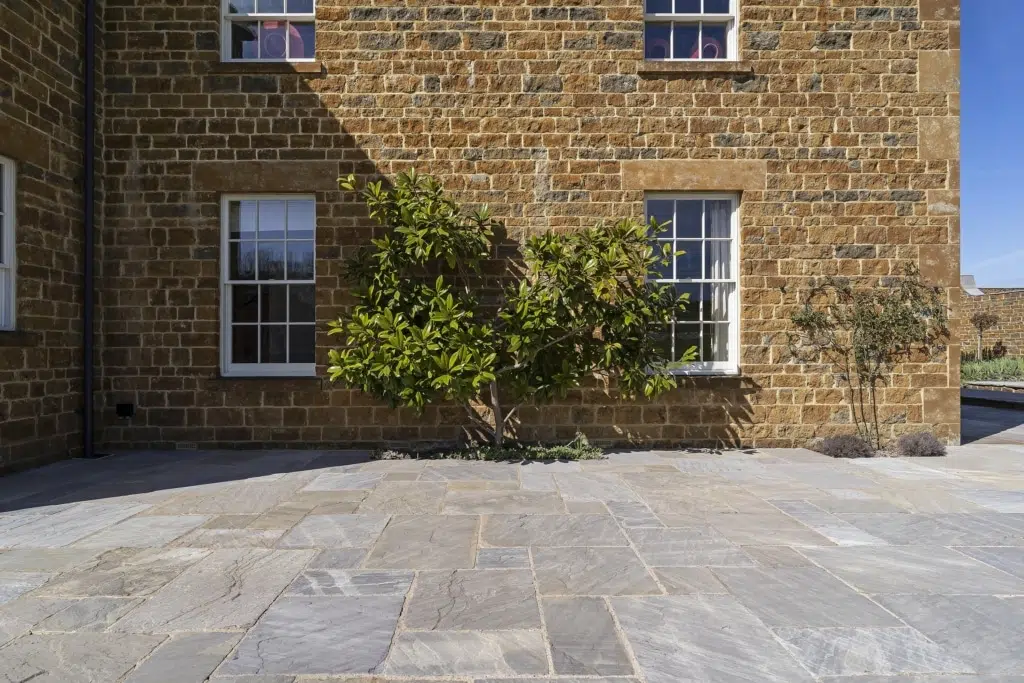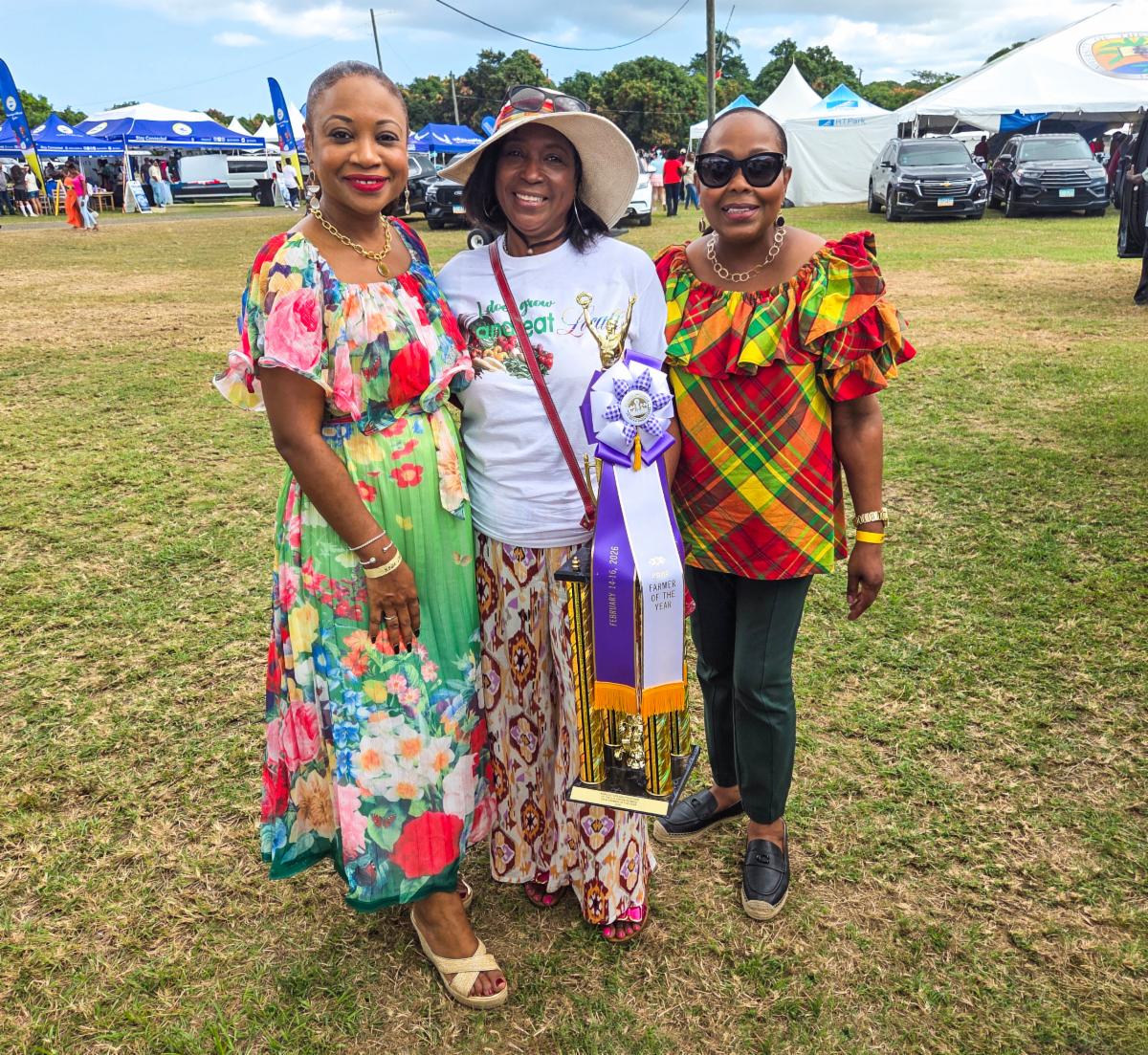Art students create striking train ticket mural at Euston Station
A group of art students have created a striking new mural to welcome back thousands of returning passengers to London Euston station. The public artwork was officially unveiled yesterday (Friday June 18) after a team of 16 painters spent 392 hours* brightening up Euston's entrance.
Local artists ‘Artmongers’ from the Lewisham School of Muralism were posed the question ‘how far can your ticket take you?’ as a starting point for the piece of art. Their response: a painted mural of iconic orange rail tickets folded into origami shapes.
Their canvas: hoardings at the main entrance to the major London transport hub. The artistic concept is that each ticket each has its own different story, but once folded a new space is made creating another dimension where 'anything is possible'.
The work was commissioned by Network Rail to brighten up the station with increasing passenger numbers returning to rail travel after Covid-19 lockdowns.
Gareth Parry, Station Manager for London Euston, said: “We’re blown away by the Artmongers mural and we hope that passengers are as impressed as we are.
“We’ve been working really hard during the pandemic to get the station in the best possible shape for passengers. This mural is another example of how the rail industry is committed to building back better from the pandemic so people can travel in confidence on the railway.”
Director of Artmongers, Patricio Forrester, said: “It’s been a real pleasure for our artists to work at Euston. Our work is a provocative space for everyone who wants to find inspiration by being on the move.
“The students have worked together, inspiring each other, pinching from each other and elevating each other’s games – and in this way, we came up with the reversible orange ticket idea. Each ticket has a different story and a wider meaning – we hope passengers will be inspired by our work and will enjoy working out the meanings behind the tickets”.
Meanwhile passengers are urged to keep following government advice around the use of public transport. People should wear face coverings on trains and in stations unless exempt for medical reasons and make space for others where possible to maintain a safe distance while travelling.




